History
- Degree Type Bachelor of Arts
- Department History
- Academic Division The College
- Offerings Major


History examines the past through various lenses — social, political and intellectual; textual and material — enriching us as individuals and preparing us to engage the complexities and ambiguities of the contemporary world.
History
History courses emphasize careful reading and analysis of original sources in order to approach the past on its own terms. But we also stress that studying history is an interpretive process requiring attention to methods, theories and scholarly debates. The training students receive in research skills, critical analysis and expository writing prepares them to pursue careers in business, education, law, public service and a variety of other professions.
The history major is compact enough that many students choose to double major, add a minor or sample broadly the rest of the W&L curriculum.
Our department offers a variety of courses and perspectives on the remote and recent histories of the United States, Europe, Latin America, Africa, the Middle East and East Asia. It supports programs in Africana Studies, East Asian Studies, Environmental Studies, Latin American and Caribbean Studies, Medieval and Renaissance Studies, Russian Area Studies, and Women and Gender Studies, and offers courses in the history of science.
The history major takes students up a ladder from introductory surveys and seminars (100-level courses) through intermediate courses (200-level) to specialized research seminars (300-level courses).
As a history major, you will choose from a wide array of offerings to build a course of study!
Opportunities
History students may pursue an internship at a public or private agency or institution and can earn history credit for their experience.
W&L offers a range of study abroad options supported by the resources necessary to ensure a suitable international experience for any student. The History Department sponsors several trips during the Spring Term. W&L strongly encourages student research. The History Department can provide financial assistance to students who wish to attend conferences or to engage in research travel.
The Washington and Lee History Department offers advanced students the opportunity to undertake significant original research culminating in an honors thesis. Successful candidates earn a Bachelor of Arts degree with honors in history.
Outcomes
Our graduates have gone on to careers in public service, government, teaching, museum curating, law, business, finance and more.
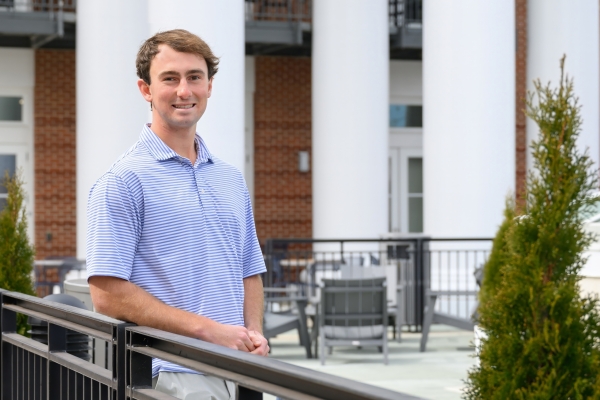
Williams is a self-starter, including founding several small businesses and a club squash team.
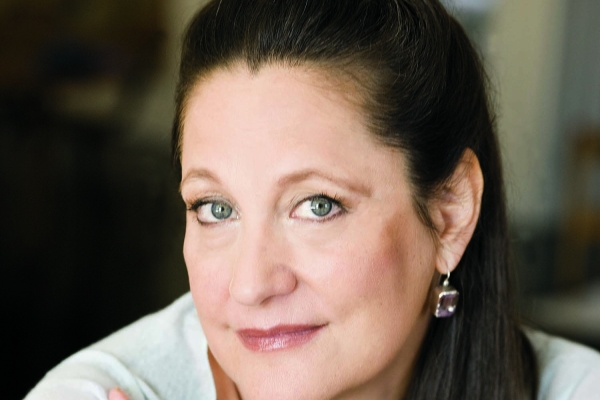
W&L Hosts 20th Annual Tom Wolfe Weekend
The weekend’s seminar will feature Jayne Anne Phillips discussing her Pulitzer Prize-winning novel, “Night Watch.”
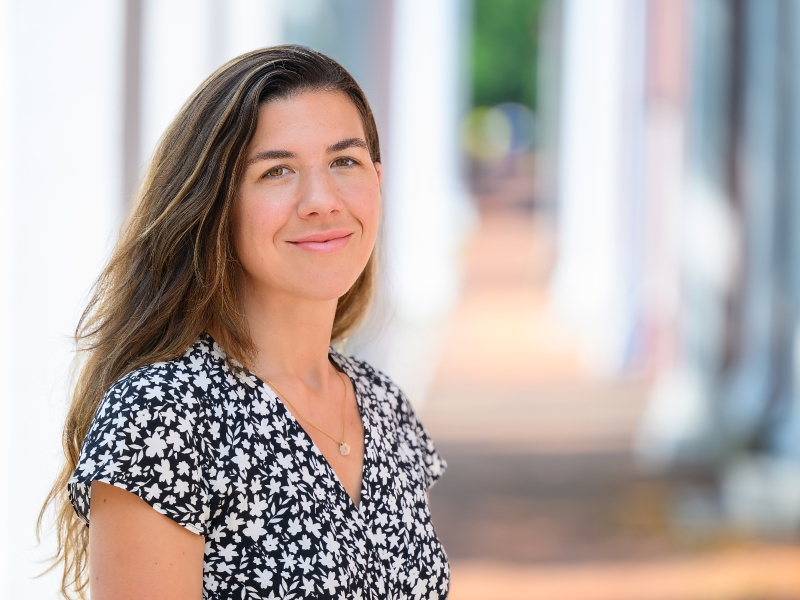
W&L’s Leticia Fernández-Fontecha Publishes New Book
The visiting assistant professor of history explores the history of children’s pain in relation to social and medical perception.
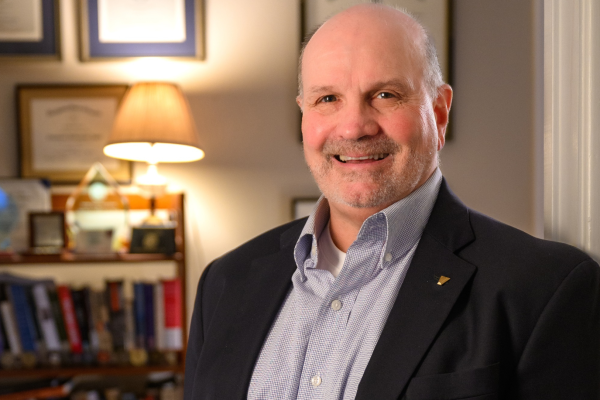
After 38 years in the federal government, Mark Bradley ’78 has made sure to think beyond himself and serve the greater good.
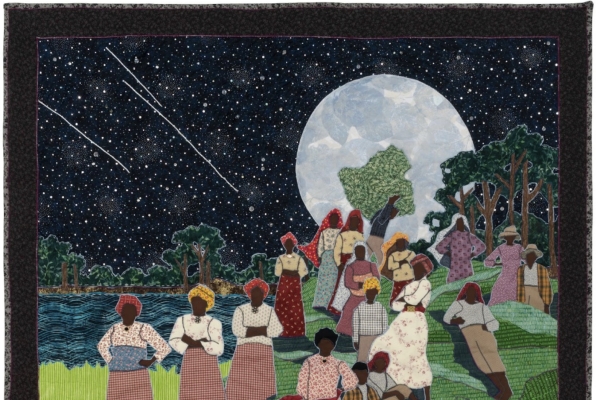
W&L’s Staniar Gallery Presents Stephen Towns’ ‘Loud as the Rolling Sea’
The solo exhibition will open Feb. 17 with an artist’s talk slated for March 4.
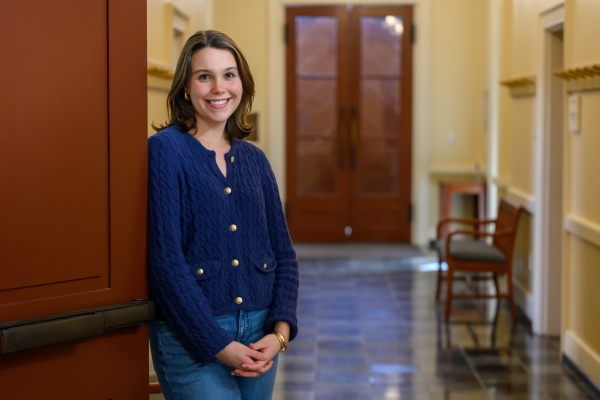
Hildenbrand, an American history major on the pre-med track, enjoys being able to explore many disciplines at W&L.
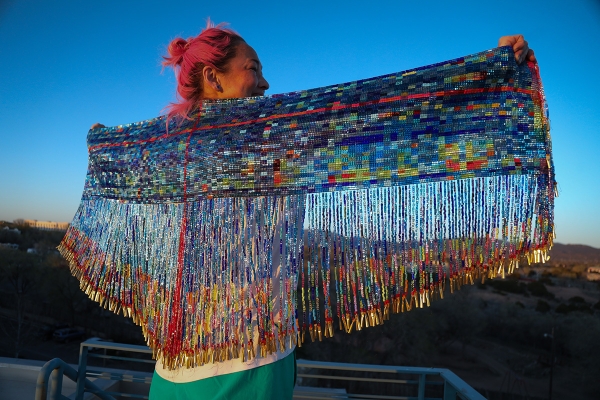
W&L’s Staniar Gallery Presents Erica Lord’s ‘The Codes We Carry: Beads as DNA Data’
The solo exhibition will open Jan. 9 with an artist’s talk slated for Jan. 14.
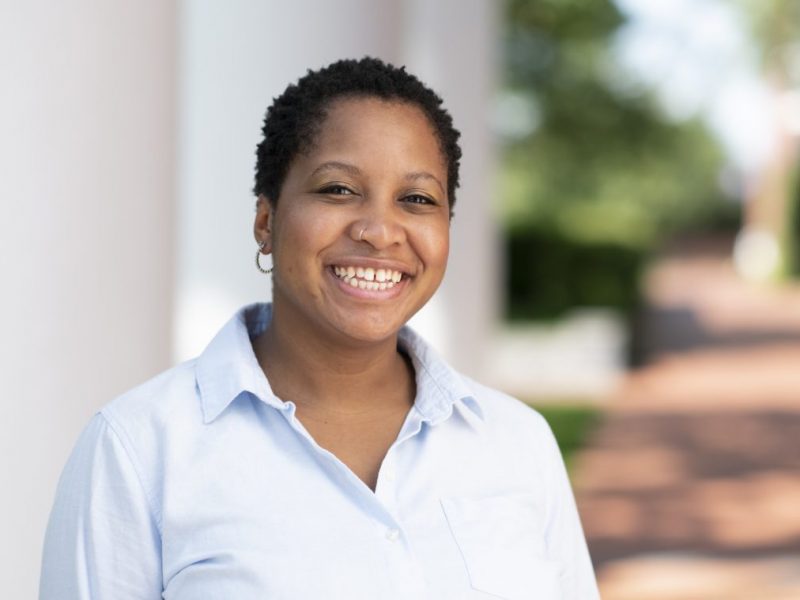
Nneka Dennie to be Presented the MLA Prize for Bibliographical or Archival Scholarship
The assistant professor of history will receive her award on Jan. 10 at the association’s annual convention in New Orleans.
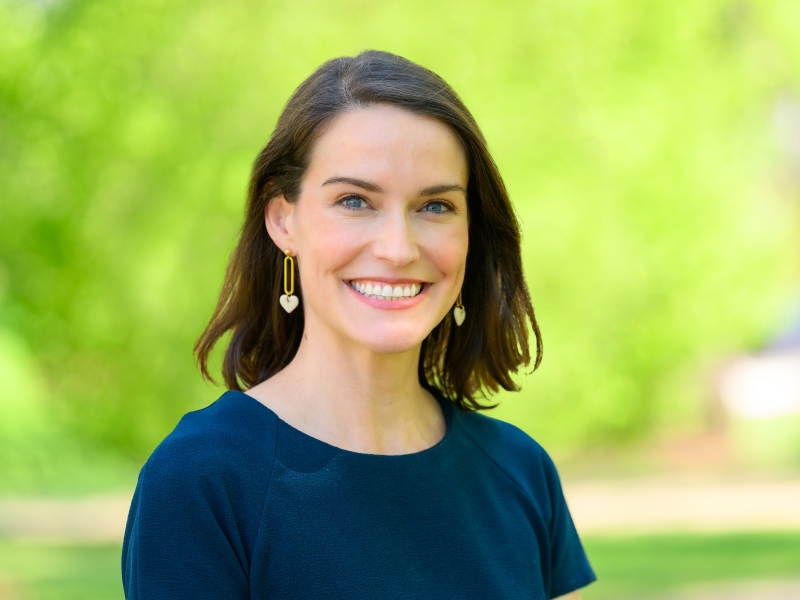
W&L History Professor Authors New Book and Appears in WIRED Online Video
Mikki Brock wrote her second book and recently answered questions on her specialty – witches, witchcraft and witch hunts.
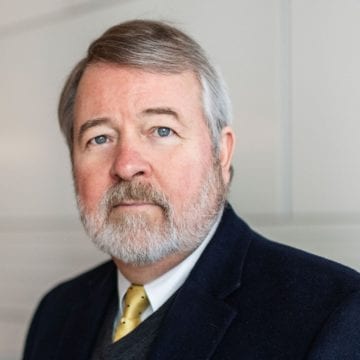
Lawyer and Historian Paul Lombardo to Deliver Lecture on Buck v. Priddy Court Case
The Nov. 18 lecture is open to the public and marks the centenary of the case argued in Amherst County, Virginia.

W&L History Professor Receives Fellowship at the Suzy Newhouse Center for the Humanities
Mikki Brock will perform research leading to a new book at the Wellesley College-based academic center this year.
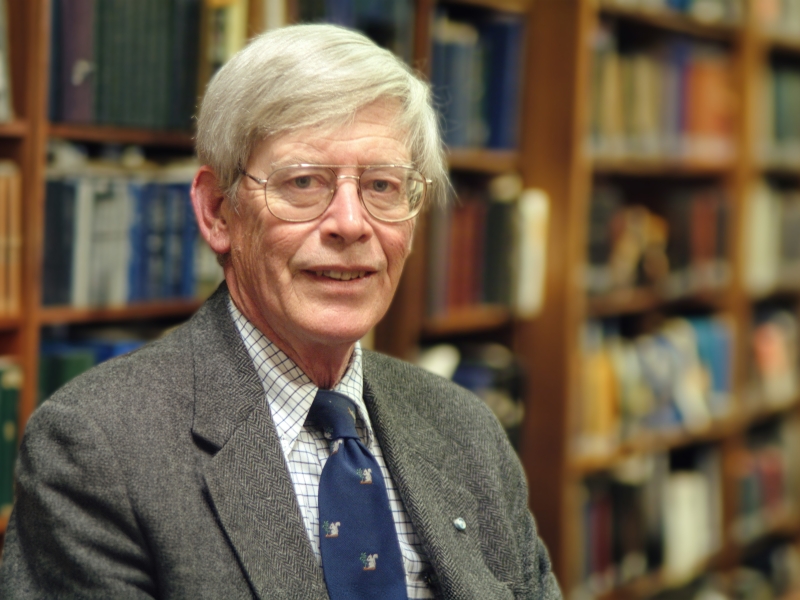
In Memoriam: Irwin Taylor Sanders II, Professor of History Emeritus and University Historian
Sanders worked at Washington and Lee for over 40 years, providing countless lectures on the university’s history.
Sample Courses
At W&L, we believe education and experience go hand-in-hand. You’ll be encouraged to dive in, explore and discover connections that will broaden your perspective.
HIST 225
The Reformation in Britain
The Reformation of the 16th century shattered the once unitary religious cultures of England and Scotland. Although important continuities remained, the introduction of Protestantism wrought dramatic effects in both countries, including intense conflict over nature of salvation, the burning of martyrs, the hunting of witches, religious migrations, a reorientation of foreign policy, changes in baptismal and burial practices, and more. Students explore these changes and the lives and legacies of some of history’s most fascinating figures, from Henry VIII and Thomas Cromwell in England to Mary Queen of Scots and John Knox in Scotland, while also constantly asking how ordinary English and Scottish men and women experienced the Reformation and its aftermath.
HIST 288
Key Thinkers on Environment
Key thinkers on the environment are central to this course, ranging from ancient greats such as Aristotle to modern writers such as David Suzuki and E.O. Wilson about the ecosystem crises of the Anthropocene. We highlight certain 19th-century icons of environmentalist awareness and nature preservation, such as Alexander von Humboldt in Europe and Humboldtians in America, including Frederic Edwin Church and Henry David Thoreau.
HIST 386
Mongols, Manchus & Muslims
The unprecedented expansionism of China’s last dynasty, the Qing (1644–1911), produced an ethnically and geographically diverse empire whose legacy is the current map and multiethnic society of today’s People’s Republic of China. The Qing Empire’s establishment, extension and consolidation were inextricably bound up with the ethnic identity of its Manchu progenitors. The Manchu attempt to unify diversity resulted in a unique imperial project linking East, Inner and Southeast Asia. This course explores the multiethnic nature and limits of this unification, as well as its 20th-century transformations.
HIST 207
Dreaming of Paris
“The City of Lights.” “The City of Love.” The capital of fashion. The world’s most romantic city. The second most visited city in the world. For centuries, Paris has held an enduring appeal as a city of devoted to pleasure, intellectual life, culture, art and fashion. This course examines the appeal of Paris and some of the mythologies of the city, as well as the reality and the history behind the image.
HIST 219
The Age of the Witch Hunts
This course introduces students to one of the most fascinating and disturbing events in the history of the Western world: the witch hunts in early-modern Europe and North America. Between 1450 and 1750, more than 100,000 individuals, from Russia to Salem, were prosecuted for the crime of witchcraft. Most were women and more than half were executed. In this course, we examine the political, religious, social and legal reasons behind the trials, asking why they occurred in Europe when they did and why they finally ended. We also explore, in brief, global witch hunts that still occur today in places like Africa and India, asking how they resemble yet differ from those of the early-modern world.
HIST 212
Crime and Punishment in Medieval and Early Modern Europe
An exploration of the history of crime, law enforcement, and punishment during the period of 1200–1650. Our central project is to investigate the deep problems of writing history from a paucity of very biased sources: the criminal records of a world of the past. We begin with the central historical questions: What counted as criminal when, who defined it, and with what authority? What could count as proof of guilt? What constituted acceptable punishment (torture, imprisonment, spectacle executions, penance) and how did this change over time? What role did politics, religion, class, gender, or marginal status play?
Meet the Faculty
At W&L, students enjoy small classes and close relationships with professors who educate and nurture.


Molly Michelmore
Department Head, History; Professor of History
Michelmore teaches courses on race, class and politics in postwar America, the age of Reagan, the 1960s, and the Cold War. She has researched fiscal policy and welfare state formation, as well as American political development.


Kameliya N. Atanasova
Assistant Professor of Religion
Atanasova researches the intersection of religion, law and politics by studying the social role of Sufism in the early-modern Ottoman Empire. She teaches Islamic Civilization, Sufism, Islam in America, and Muslims in the Movies.


Henryatta Ballah
Assistant Professor of History
- P: 540-458-8456
- E: hballah@wlu.edu
Ballah’s teaching and research focus on 19th and 20th century Africa. Her book project explores the political activism of Liberian youth from 1950 to 2010.


David Bello
Director of East Asian Studies; Professor of History
Sabbatical for the 2024-2025 Academic Year
- P: 540-458-8770
- E: bellod@wlu.edu
Bello teaches courses in Chinese and Japanese history. His research focuses on Qing China and borderland environmental history. He has published a number of notable scholarly works on the subject.


Michelle D. (Mikki) Brock
Professor of History
- P: 540-458-8780
- E: brockm@wlu.edu
Brock teaches courses on British and Atlantic history, the Reformation, witchcraft and the devil, and the history of poverty. Her research focuses on the supernatural and religious beliefs and identities in early modern Scotland.




Nneka Dennie
Assistant Professor of History
- P: 540-458-8963
- E: ndennie@wlu.edu
Professor Dennie is a Black feminist scholar specializing in African American intellectual history. Her courses examine race and gender in the United States and the Caribbean. She is currently writing two books about 19th century Black women thinkers.


Leticia Fernández-Fontecha
Visiting Assistant Professor of History


Romina Green
Assistant Professor of History
- P: 540-458-8094
- E: rgreen@wlu.edu
Professor Green Rioja’s research interests include examining structural racism in modern Chilean history and identifying settler-colonial policies that displaced the Indigenous Mapuche.




Sarah Horowitz
Professor of History
Horowitz teaches courses on modern European history and specializes in French history and the history of gender in Europe. She is writing a book on the politics of gender and sexuality in the Steinheil Affair of 1908-1909.


Barton A. Myers
Class of 1960 Professor of Ethics and History (Term 2019-2022) and Associate Professor of Civil War History
- P: 540-458-8776
- E: myersb@wlu.edu
Myers teaches courses on the American Civil War, war and society, the U.S. South, and public history. His research interests are irregular warfare, soldiers and atrocity, and political dissent.


Nicolaas A. Rupke
Johnson Professor of History
- P: 540-458-8344
- E: rupken@wlu.edu
Rupke teaches courses in the history of “science, politics and the public good,” dealing with animal behavior as it relates to human morality, with Darwin and his critics, scientists as political leaders, and medical history.




Melissa Vise
Associate Professor of History, Head of the Italian Studies Faculty Cohort
On Leave 2024-2025
- P: 540-458-8249
- E: mvise@wlu.edu
Professor Vise teaches courses on Medieval European history, violence, crime and punishment, law, and religion and culture. Her research interests are Medieval European intellectual, cultural, and religious history with special attention to the Italian peninsula.














